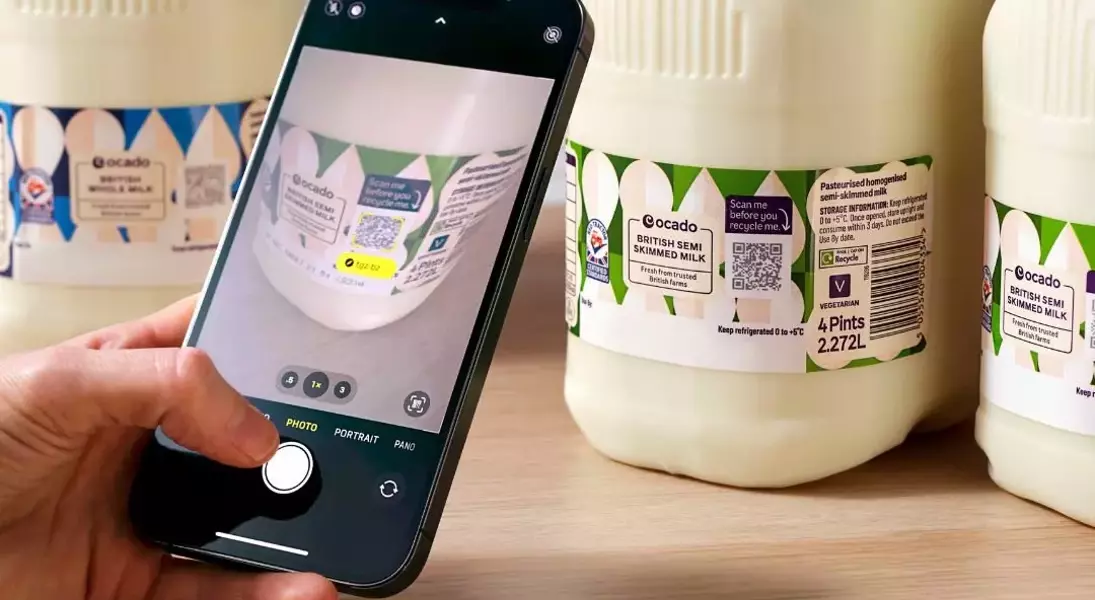
A recent industry survey conducted by Appetite Creative, in partnership with Polytag and Digimarc, has unveiled a remarkable rise in confidence towards connected packaging. The study highlights an 88.8% acknowledgment of its growing importance, up from 80.4% in the previous year. This trend signifies a robust shift towards innovative packaging solutions within the food and beverage manufacturing sector. Consumer engagement strategies are evolving, with a significant interest in advanced technologies like serialised QR codes. Companies are leveraging these tools to enhance customer interactions and loyalty, particularly through personalized experiences. Notably, sectors such as fast-moving consumer goods (FMCG) and marketing/advertising are leading this transformation. Gamification is also on the rise, engaging younger audiences and driving promotional activities. Sustainability remains a crucial factor, with connected packaging seen as a means to support environmental goals. Despite some adjustments in implementation rates and investment trends, the survey underscores a transformative shift in how companies view connected packaging as a strategic asset for supply chain optimization and consumer loyalty.
Industry Leaders Embrace Advanced Packaging Solutions
In the vibrant autumn season, a comprehensive survey conducted by Appetite Creative, alongside Polytag and Digimarc, revealed an impressive surge in industry confidence regarding connected packaging. The research, which garnered responses from key players in the food and beverage sector, indicated that 88.8% of participants now recognize the increasing significance of connected packaging, compared to 80.4% in 2024. This upward trend reflects a growing adoption of sophisticated packaging solutions aimed at enhancing consumer engagement and loyalty.
The survey highlighted a notable shift towards serialised QR codes, with 66.1% of respondents expressing heightened interest. This technological advancement enables companies to offer personalized experiences, fostering deeper connections with their customers. Leading the charge are the FMCG and marketing/advertising sectors, each accounting for over one-third of the early adopters. These industries are exploring diverse applications that extend beyond traditional packaging methods, integrating gamification into their marketing efforts to captivate younger demographics and boost consumer loyalty.
Sustainability initiatives remain a pivotal concern, with 51.9% of participants acknowledging the potential of connected packaging to support recycling and environmental goals. Despite a slight decrease in overall implementation rates, there is a clear movement towards multi-technology solutions, combining QR codes with NFC technology. This integrated approach is preferred by 42.4% of companies, while individual use of QR codes and NFC tags follows closely behind. The financial commitment to connected packaging campaigns shows mixed results, with varying budget allocations reflecting a more strategic focus on implementation.
Jenny Stanley, managing director at Appetite Creative, remarked on the maturation of the connected packaging market. "We're witnessing a more strategic and sophisticated approach to implementation," she noted. "The increased adoption of multi-technology solutions and the emphasis on consumer loyalty and sustainability indicate that connected packaging is evolving from a marketing tool into a comprehensive business solution."
From a journalist's perspective, this survey provides valuable insights into the transformative power of connected packaging. It underscores the importance of embracing innovation and sustainability in today's competitive business landscape. As companies refine their strategies and integrate advanced technologies, they not only enhance consumer experiences but also contribute positively to environmental initiatives. This shift signals a promising future where connected packaging plays a pivotal role in shaping business success and fostering long-term consumer loyalty.
